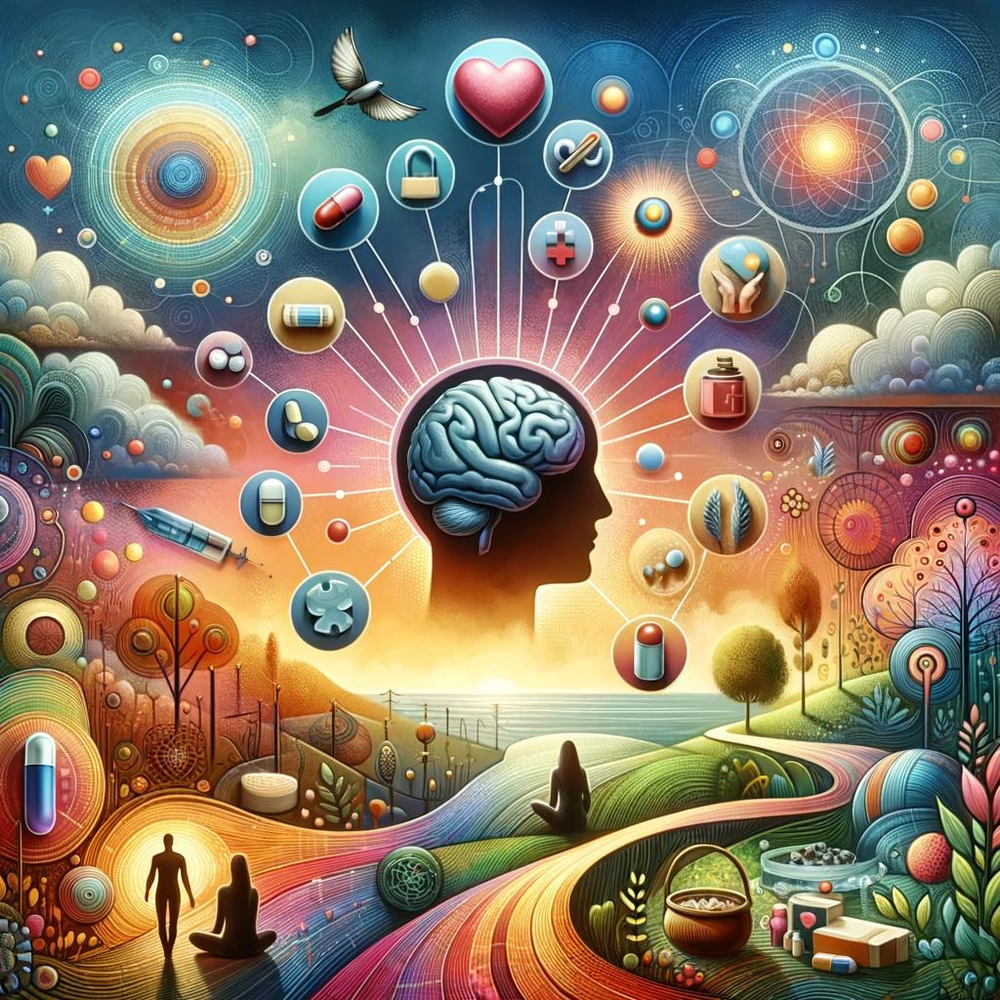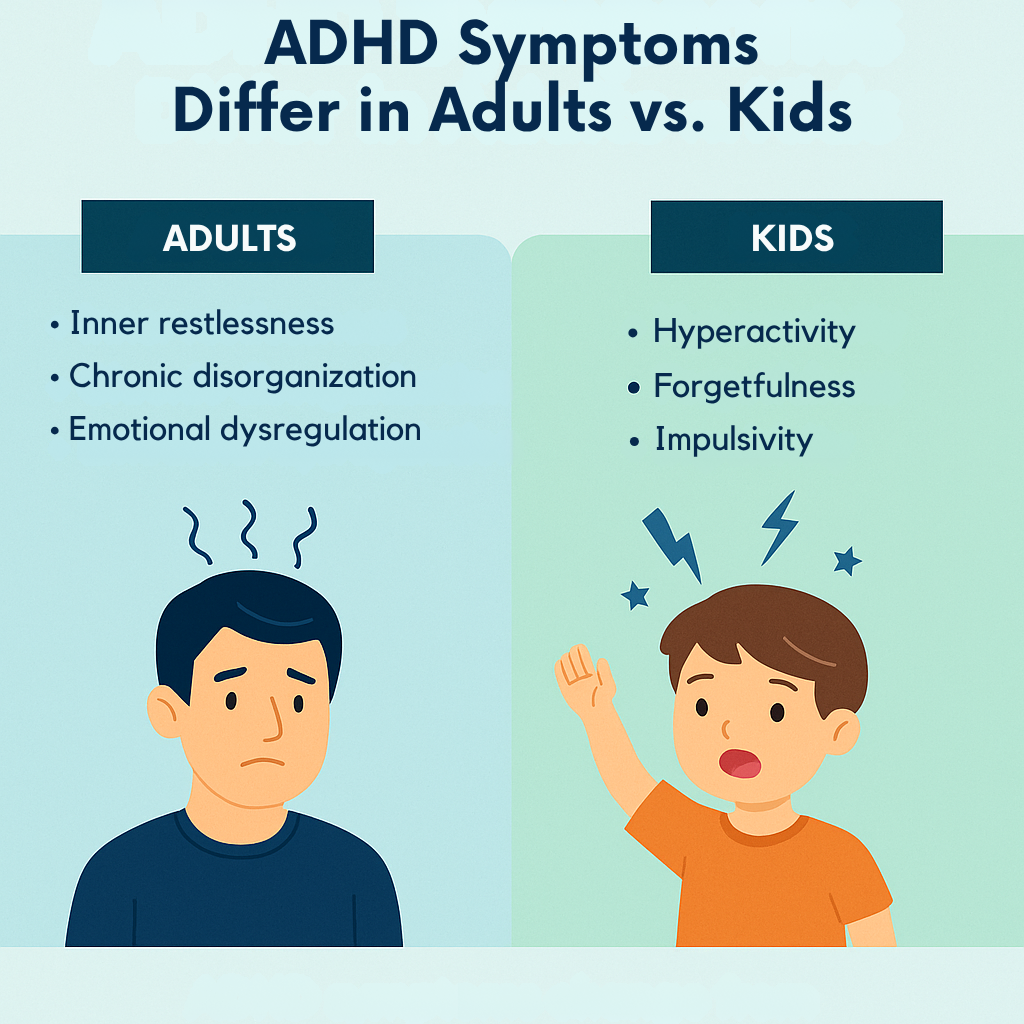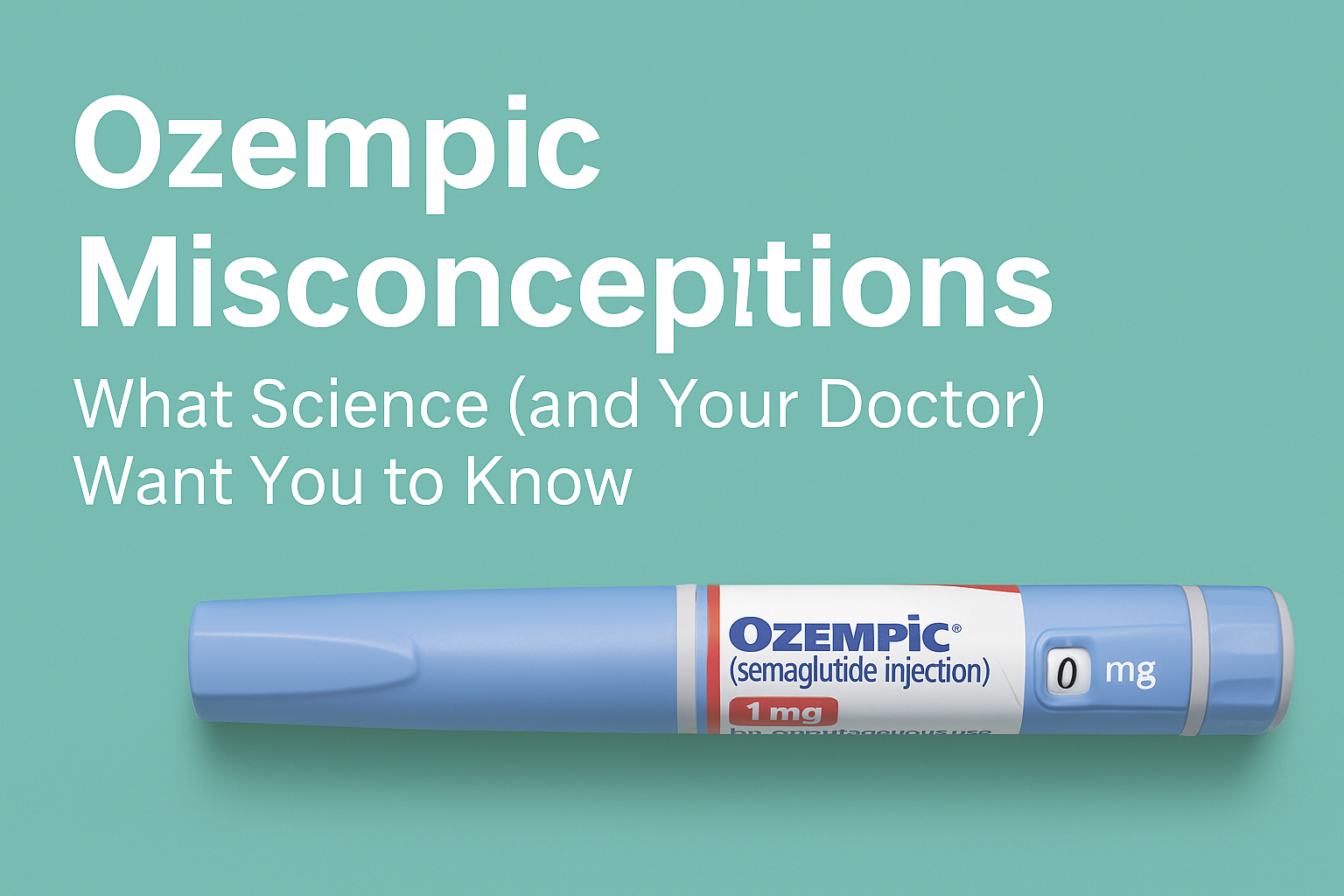Depression, a significant mental health challenge, affects numerous individuals deeply, influencing their emotions, thoughts, and everyday activities. This condition demands not just awareness but also compassionate and effective depression treatment options. As we explore treatment strategies, it’s crucial to recognize the variety available—from medications and psychotherapy to innovative approaches—each offering hope and potential relief for those affected by this pervasive mood disorder.
Understanding Depression
Depression, a term that often surfaces in our conversations, carries a weight far beyond occasional sadness or fleeting moods. At its core, depression encompasses a range of mood disorders, each manifesting with its unique set of symptoms and challenges. Among these, Major Depressive Disorder and Persistent Depressive Disorder (dysthymia) stand out for their prevalence and impact.
Major Depressive Disorder manifests through profound episodes of sadness, emptiness, or hopelessness, persisting for two weeks or more and severely disrupting daily functioning. This condition spans various demographics, showcasing symptoms that include a significant loss of interest in once-pleasurable activities, appetite changes, sleep issues, and a deep sense of worthlessness, all highlighting the indiscriminate nature of this disorder.
Persistent Depressive Disorder, or dysthymia, presents a less intense but more chronic form of depression. Individuals with dysthymia might find themselves in a constant state of low mood for years, where the symptoms may not be as severe as those of major depression but are nevertheless debilitating.
Healing from depression starts with an accurate diagnosis, a process that extends beyond simple symptom identification. It includes detailed assessments of medical history, emotional patterns, and sometimes physical exams to eliminate any medical issues that could be influencing the depressive symptoms. Understanding the full scope of an individual’s depression is crucial for developing a personalized depression treatment plan aimed at their unique needs and challenges.
Medications for Treating Depression
SSRIs and SNRIs: Frontline Warriors
Selective Serotonin Reuptake Inhibitors (SSRIs) and Serotonin-Norepinephrine Reuptake Inhibitors (SNRIs) represent the forefront of pharmacological interventions for depression. SSRIs, known for their efficacy and lower side-effect profile, work by increasing the levels of serotonin in the brain—a neurotransmitter associated with mood regulation. SNRIs, on the other hand, target both serotonin and norepinephrine, offering an alternative for those who may not respond to SSRIs.
Atypical Antidepressants and Beyond
Treatment options for depression include atypical antidepressants, tricyclic antidepressants (TCAs), and Monoamine Oxidase Inhibitors (MAOIs). Atypical antidepressants, which do not fit neatly into other categories, offer unique mechanisms of action and are often considered when SSRIs and SNRIs are not effective. TCAs and MAOIs, though potent, have a more significant side-effect profile and are generally reserved for cases where other medications have failed.
The Journey to Finding the Right Medication
Finding the right medication is a journey that involves careful consideration of side effects, personal health history, and even genetic makeup. Pharmacogenetic testing has emerged as a tool to tailor medication choices to an individual’s genetic profile, potentially enhancing efficacy and reducing the trial-and-error process.
Navigating Risks: A Responsible Approach
Understanding the risks associated with abruptly stopping medication is crucial. Discontinuation can lead to withdrawal-like symptoms and a resurgence of depression symptoms, making it vital to always consult with a healthcare provider before making changes to medication regimens. Additionally, considerations during pregnancy underscore the need for a meticulous approach, balancing the benefits of treatment against potential risks to both mother and baby.
Psychotherapy Options
Psychotherapy, often referred to as talk therapy, stands as a cornerstone in the treatment of depression, offering a beacon of hope for those seeking to navigate the murky waters of this mood disorder. Its effectiveness lies not just in providing a space for expression but in facilitating profound psychological changes while fostering a path toward healing and resilience.
Among the spectrum of psychotherapeutic approaches, Cognitive Behavioral Therapy (CBT) shines brightly. CBT operates on the premise that altering maladaptive thought patterns can lead to changes in behavior and mood, offering a structured, time-limited approach that empowers individuals to engage with their challenges head-on.
Interpersonal Therapy (IPT), another key player, focuses on the interpersonal relationships of the individual, addressing issues in communication and relational patterns that may contribute to the onset and persistence of depressive symptoms. Its goal is to improve relationship skills, thereby alleviating depressive symptoms.
Dialectical Behavior Therapy (DBT), which was originally created to treat borderline personality disorder, has demonstrated potential for depression as well, especially for individuals experiencing self-harming behaviors. DBT focuses on building skills for regulating difficult emotions and enhancing interpersonal relationships. The therapy aims to help clients develop coping strategies for managing distressing feelings and improving how they relate to others.
Alternative and Emerging Treatments
Electroconvulsive Therapy (ECT), a procedure that has been refined over decades, utilizes controlled electric currents to induce a brief seizure in the brain. Despite misconceptions, modern ECT is safe and conducted under general anesthesia, offering rapid relief for severe depression, particularly when urgent symptom remission is necessary.
Transcranial Magnetic Stimulation (TMS) represents a less invasive alternative, using magnetic fields to stimulate nerve cells in the brain’s regions involved in mood control. TMS has become a beacon of hope for individuals seeking effective treatment without the systemic side effects of medications.
Venturing further into the frontier of depression treatment, Ketamine infusion therapy emerges as a novel approach. Originally used as an anesthetic, Ketamine has shown promising results in rapidly alleviating depressive symptoms, offering a new lifeline for those with treatment-resistant depression.
Lifestyle Adjustments and Support
In the journey toward overcoming depression, the power of lifestyle adjustments cannot be overstated. Integrating regular exercise into one’s routine can significantly lift the fog of depression, thanks to the release of endorphins, often dubbed as natural mood lifters. Moreover, a balanced diet rich in omega-3 fatty acids, whole grains, and lean protein can support brain health and influence mood regulation.
Quality sleep is another pillar of mental health. Disruptions in sleep patterns can exacerbate depressive symptoms, making it crucial to establish a soothing nighttime routine and a sleep-conducive environment. Similarly, effective stress management techniques, such as mindfulness, meditation, or even engaging in hobbies, can serve as vital tools in mitigating the impact of stress on depression.
Beyond individual efforts, the importance of support from friends, family, and support groups cannot be overlooked. These networks provide a safety net of understanding, empathy, and shared experiences that play a critical role in the healing process. Whether it’s finding a local depression treatment center or connecting with others facing similar challenges, the collective strength and encouragement found in these communities can be a powerful catalyst for recovery.
Embrace Your Path to Healing: Discover Comprehensive Care Today
At Zeam Health & Wellness, we’re here to guide you. Our commitment extends past just treatments as we strive to equip you with understanding, care, and a tailored depression treatment plan that reflects your unique journey. With us, discover a sanctuary for recovery and development supported by our team’s knowledge and compassion.
If you are looking for depression treatment in Sacramento, know that Zeam Health & Wellness is dedicated to tailoring our comprehensive care to meet the needs of our local population. Take the first step toward a brighter future by learning more about the compassionate and customized care available. Your journey to greater mental health begins with an exploration of what we have to offer. Our clinicians are ready to accompany you on this path to healing.




